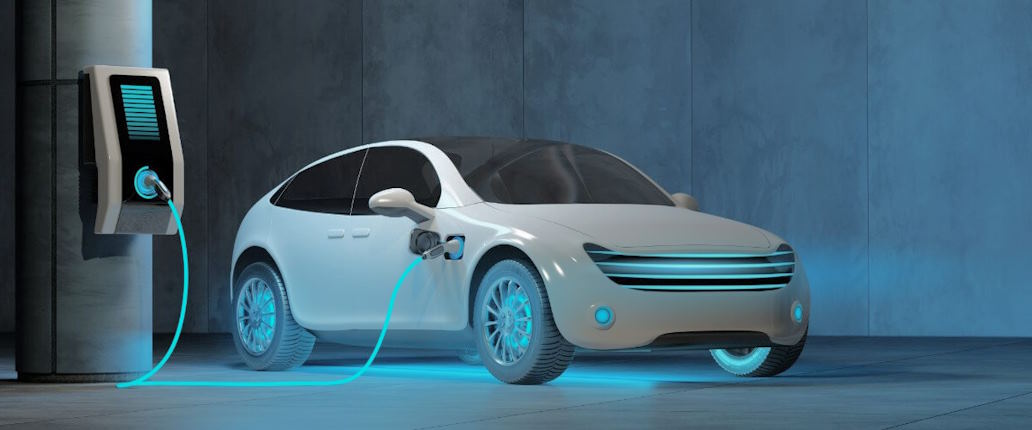Energy-efficient transportation is critical to combating climate change and reducing carbon emissions. As Europe strives towards a more sustainable future, focusing on energy-efficient transportation has become increasingly important.
What is energy-efficient transportation, and why is it important?
Energy-efficient transportation refers to the use of technologies, systems, and practices that minimize energy consumption and reduce carbon emissions in the transportation sector. It involves adopting alternative fuels, improving fuel efficiency, promoting public transportation, and encouraging sustainable mobility solutions.
Using energy-efficient transportation mitigates climate change by reducing carbon emissions. Such vehicles produce fewer or no tailpipe emissions, improving air quality and reducing noise pollution.
It not only helps protect the environment and public health but also drives economic growth, enhances energy security, and fosters more livable communities for present and future generations. So, conserving resources and promoting the efficient use of energy enhances energy security and reduces dependence on finite fossil fuels.
What are energy-efficient transportation technologies in Europe?
Europe has been at the forefront of adopting various energy-efficient transportation technologies. Some of the notable technologies being embraced in Europe include:
Electric Vehicles (EVs)
Electric vehicles are gaining significant traction in Europe. Battery electric vehicles (BEVs) and plug-in hybrid electric vehicles (PHEVs) offer lower or zero tailpipe emissions, reducing reliance on fossil fuels. Europe has seen a substantial increase in EV charging infrastructure to support the growing demand for electric mobility.

Hybrid Vehicles
Hybrid vehicles combine an internal combustion engine with an electric motor, resulting in improved fuel efficiency and reduced emissions. Europe has seen the adoption of hybrid technology in passenger cars, buses, and commercial vehicles.
Sustainable Fuels
Europe is exploring sustainable fuel options, such as biofuels and renewable hydrogen. Biofuels derived from waste materials or sustainable crops can be used in combustion engines, reducing carbon emissions. Renewable hydrogen, produced through electrolysis powered by renewable energy sources, has the potential to power fuel-cell vehicles, providing zero-emission transportation.
Public Transportation Systems
European cities have been investing in energy-efficient public transportation systems. Electric buses, trams, and trains powered by renewable energy sources are being deployed to reduce emissions and improve air quality. Additionally, cities are implementing smart transportation systems, optimizing routes and schedules for more efficient operations.
Cycling Infrastructure
Europe has been actively promoting cycling as a sustainable mode of transportation. Dedicated cycling infrastructure, including bike lanes, bike-sharing programs, and bike-friendly cities, encourages people to choose bicycles for shorter trips, reducing congestion and emissions.
What are the challenges of energy-efficient transportation in Europe?
Energy-efficient transportation in Europe faces challenges that include infrastructure development, upfront costs, range anxiety, technology standardization, consumer awareness, and policy frameworks.
Overcoming these obstacles requires investments, affordability, reliable charging infrastructure, standardization efforts, education, and supportive regulations. Collaboration among stakeholders is crucial for successfully addressing these challenges and promoting the widespread adoption of energy-efficient transportation in Europe.
